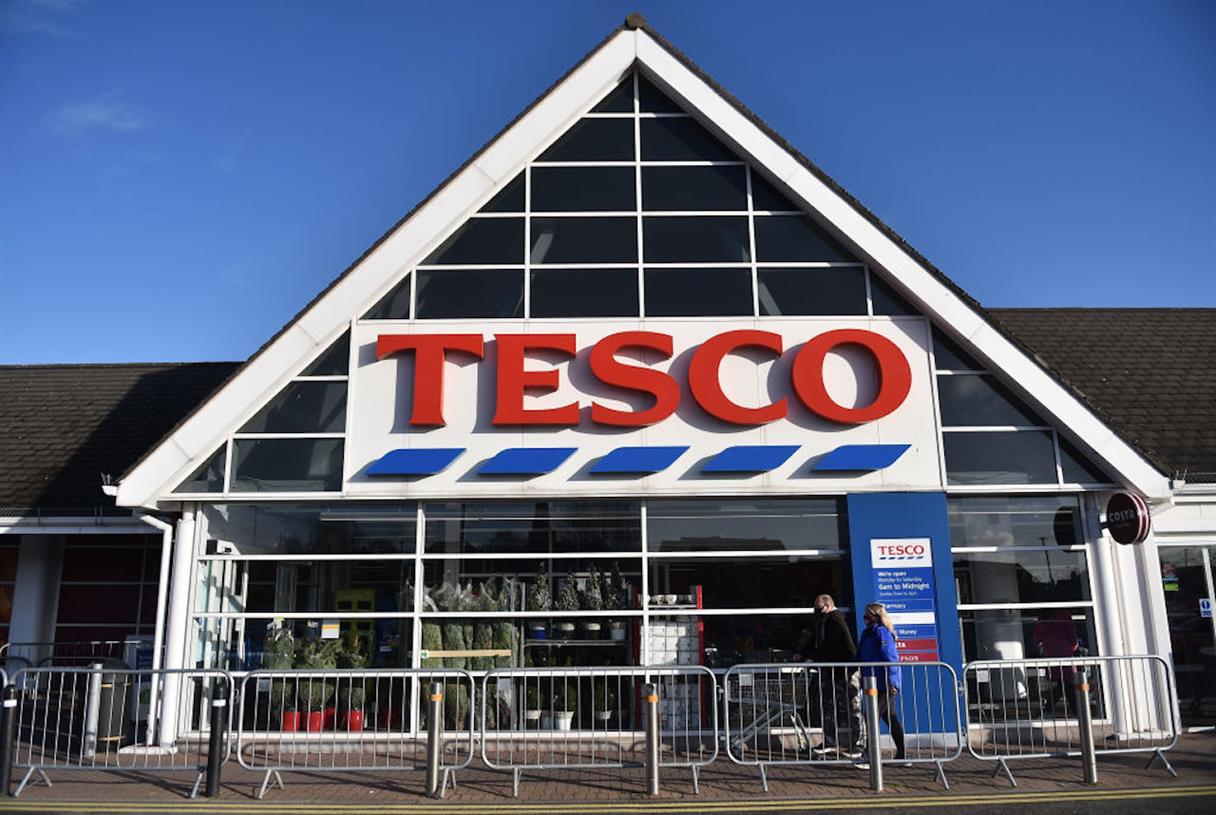In the global retail landscape, Tesco faces a multitude of challenges and opportunities across various countries. To navigate this complexity, the PESTLE analysis is used, dissecting Political, Economic, Social, Technological, Legal, and Environmental factors. Political stability, economic fluctuations, societal shifts, technological advancements, legal compliance, and environmental responsibility all impact Tesco's operations. These factors shape its business strategy and necessitate continuous adaptation to the evolving environment.
In the complex world of international retail, understanding the broader landscape is crucial. Tesco, a British multinational grocery and general merchandise retailer, operates in a myriad of countries, each with its own unique set of challenges and opportunities. To navigate this intricate web, we turn to the PESTLE analysis - a tool that dissects Political, Economic, Social, Technological, Legal, and Environmental factors impacting an organization.
Political: Politics, as they say, makes strange bedfellows. For Tesco, the political climate in each of its operating countries can significantly influence its business. Government policies, trade regulations, tax laws, and political stability - or lack thereof - can all create ripples that affect Tesco's operations.
Economic: The ebb and flow of the economy can be a boon or a bane for retailers like Tesco. Factors such as inflation, unemployment rates, consumer confidence, and exchange rates can all play a role in shaping Tesco's profitability. A robust economy often translates into more disposable income, which can lead to increased spending at Tesco stores.
Social: Societal shifts can subtly or dramatically reshape the retail landscape. Demographic changes, evolving lifestyle trends, and shifting attitudes towards issues like health, food waste, and sustainability can all impact Tesco's business. Staying attuned to these social undercurrents is key to maintaining relevance in a rapidly changing world.
Technological: In the digital age, technology is a double-edged sword. On one hand, advancements like online shopping, mobile payments, and digital marketing present new opportunities for Tesco. On the other hand, they also introduce new challenges, such as the ever-looming threat of cyber-attacks.
Legal: The legal landscape is a minefield that Tesco must navigate carefully. Compliance with employment laws, health and safety regulations, data protection laws, and more is non-negotiable. Any missteps can result in substantial fines and reputational damage.
Environmental: As the world grapples with the realities of climate change, environmental responsibility has moved from the periphery to the center of corporate strategy. Tesco has made strides in reducing its carbon footprint and increasing its use of renewable energy. However, challenges related to waste management and sustainable sourcing remain.
This overview provides a snapshot of the macro-environmental factors impacting Tesco. However, it is worth noting that this is a simplified analysis. The reality of Tesco's operating environment is far more complex and nuanced, warranting a deeper dive into each of these factors.


